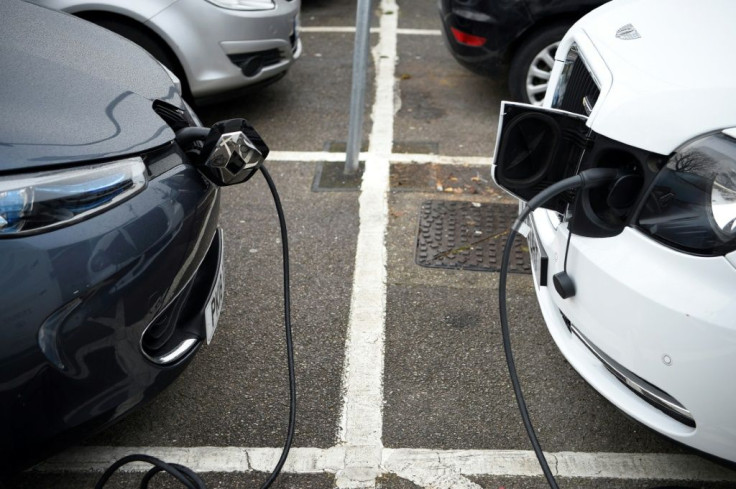EU To Halt Gasoline, Diesel Car Sales By 2035 In Push For Zero Emissions
The European Union has committed to reducing emissions by at least 55% by 2030 and would require all new cars to have zero emissions by 2035.
The new EU target would further reduce car emissions by 55% until 2030 and 100% by 2035, completely eliminating any new gasoline or diesel car sales, including hybrid vehicles.
The lofty emissions goal would reduce emissions in new cars by 37.5% - a target that was set by the EU in December 2018.
The EU introduced the vehicle emissions goals as part of a larger European Green Deal. The program looks to reduce greenhouse gases emissions in total across the continent by 55% by 2030 to 1990 levels as Europe looks to be the first continent to be climate neutral in 2050.
In a statement, European Commission President Ursula von der Leyen said: “We know, for example, that our current fossil fuel economy has reached its limits. And we know that we have to move on to a new model – one that is powered by innovation, that has clean energy, that is moving towards a circular economy.
“And this is why we set out to make the climate goal, not only a political aspiration, but also a legal obligation. And thanks to our new European Climate Law, this is exactly what we now have in place. Two years ago, we also set out our vision about that transformation.
She added: “And today, I am proud to say that we have made good on our commitments. Europe is now the very first continent that presents a comprehensive architecture to meet our climate ambitions. We have the goal, but now we present a roadmap for how we are going to get there.”
To ensure that the commission’s 27 member states meet the emissions targets, the EU has proposed expanding electrification infrastructure, by adding charging points every 37.3 miles (60 km), in addition to adding a minimum tax rate increase for gasoline and diesel fuel.
Carmakers are already obliging to meet the new regulations but will need to accelerate their plans to meet the new EU goals.
Volkswagen has said that it will electric vehicles will comprise 50% of its sales by 2030 and all of its sales by 2040. Ford will only sell electric passenger vehicles in Europe by 2030. Renault, Volvo, BMW, and Mercedes-Benz have also said they will increase their electric car production. And GM announced that it will produce 30 new EV models globally by 2025.
"This is a turning point for the auto industry and good news for drivers," William Todts, executive director of lobby group Transport & Environment told CNN. "The new EU rules will democratize electric cars and give a major boost to charging."
But Todts continued: “ The problem is carmakers will only have to start selling those cleaner cars in 2030. Our planet cannot afford another nine years of big talk but little action from the auto industry.”

© Copyright IBTimes 2024. All rights reserved.





















